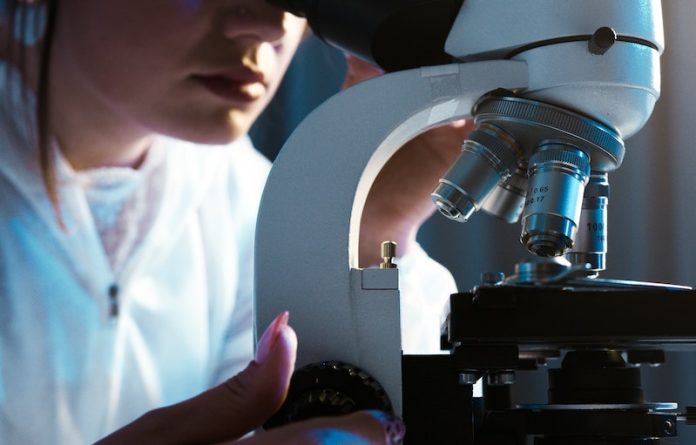
In a study from the National University of Singapore, scientists found a novel low-cost method of testing for cancers.
Called the Heatrich-BS assay, this new test sequences clinical samples that have been heated in order to isolate cancer-specific signatures found in a patient’s blood.
The new method provides a promising non-invasive alternative to tissue biopsies. It costs around S$50 (approximately $37 USD) from start to finish, compared to other sequencing methods that can cost up to S$1,000 to conduct.
The team is now exploring industry partnerships to bring their technology to market.
Current methods of testing for cancers can suffer from a lack of sensitivity or from being too expensive to be used for regular screening.
The DNA in our blood, the genetic information that tells our cells how to synthesize proteins and other important biological building blocks, is produced by different organs in our body.
Cancer cells also release DNA into the bloodstream that can be detected by analyzing blood samples, known as liquid biopsies.
However, sifting through all the genetic material in a sample—a method called whole-genome sequencing—can be expensive and labor intensive.
In the current study, the team discovered a way to discard the non-informative sections in a patient’s DNA to target where most cancer-specific biomarkers are concentrated.
The researchers are getting a much more sensitive assay at almost the same costs as compared to simple protein biomarker tests. This method really concentrates on sequencing the regions that matter the most.
The Heatrich-BS assay has been tested in patients with colorectal cancer.
By comparing the results of their blood analysis with CT scans that imaged the size of patients’ tumors, the team found that there was a high correlation between how much cancer-specific DNA was detected in a patient’s blood sample and the size of their tumors over time.
The researchers also pointed out that their method has the potential to work universally across all types of cancer since they all found the property of enriching CpG islands with cancer-specific biomarkers.
The assay may also help accelerate future academic research, helping scientists study different subtypes of cancer for a low cost and therefore improving the development of future cancer diagnoses and therapies.
If you care about cancer, please read studies about the cause of most common pancreatic cancer, and this daily vitamin is critical to cancer prevention.
For more information about cancer, please see recent studies about diet soda linked to lower death risk in colon cancer, and results showing new drug combo could improve survival in lung cancer.
The study was conducted by Cheow Lih Feng et al and published in Science Advance.
Copyright © 2022 Knowridge Science Report. All rights reserved.



